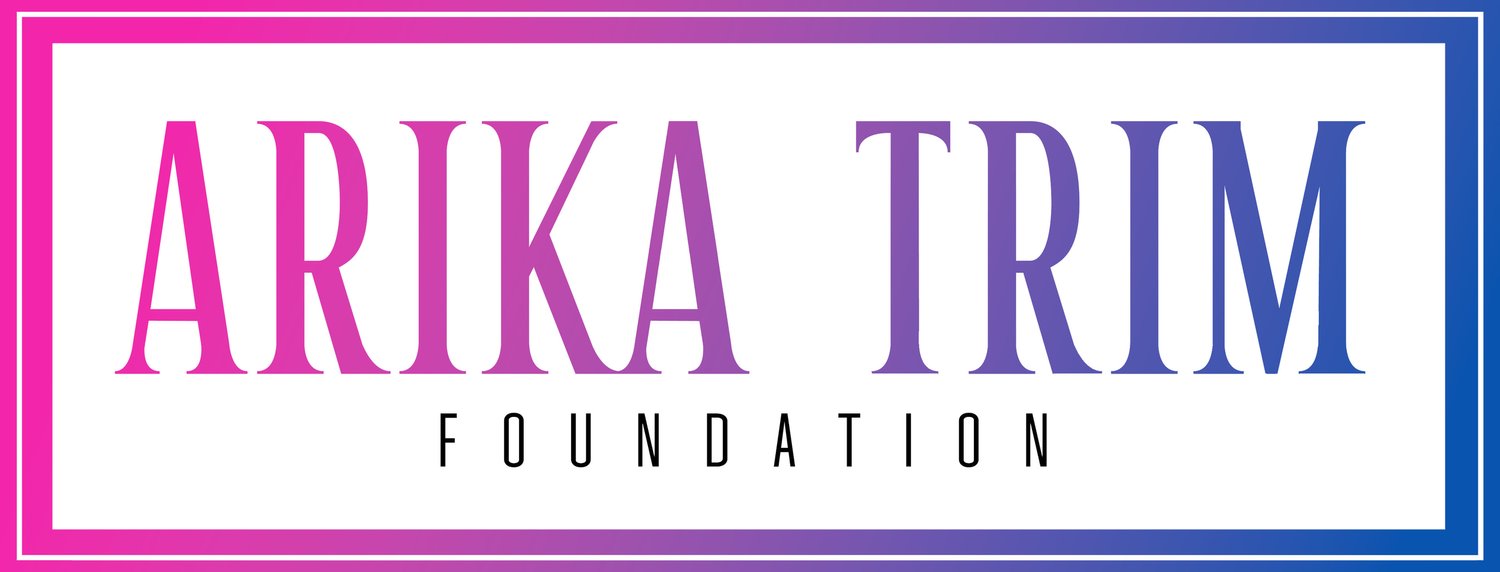Reduced Medical Interventions: How Doulas Support a Safer, More Empowering Birth Experience
Childbirth is a deeply personal and transformative experience, but it can also bring with it a great deal of uncertainty. Many expecting parents are understandably concerned about potential complications and the possibility of needing medical interventions during labor. While some interventions are necessary and life-saving, studies have shown that having continuous, supportive care during labor—such as the presence of a doula—can significantly reduce the need for medical interventions.
At the Arika Trim Foundation, we are dedicated to empowering families through informed choices and quality support during pregnancy, labor, and beyond. In this blog post, we’ll explore how doulas can help reduce the need for medical interventions, offering parents greater control over their birth experience, and enhancing both the physical and emotional well-being of the mother and baby.
What Is a Doula?
A doula is a trained professional who provides physical, emotional, and informational support to a birthing person before, during, and after childbirth. Unlike medical staff, doulas do not provide clinical care such as monitoring vital signs, administering medication, or delivering the baby. Instead, they focus on creating a calm, supportive environment that empowers the mother to make informed decisions and feel confident in her choices.
How Doulas Help Reduce the Need for Medical Interventions
Research has shown that the continuous support of a doula during labor can have a profound impact on birth outcomes. Here are a few ways doulas can help reduce the need for medical interventions:
1. Reducing the Risk of Unnecessary Interventions
Studies have found that when doulas are present, the overall likelihood of interventions like cesarean sections, epidurals, and the use of forceps or vacuums is significantly reduced. Doulas offer comfort measures such as massage, breathing techniques, and positioning that help to manage pain, reducing the need for pain-relieving drugs. This means fewer interventions that can increase the risk of complications or affect the mother and baby’s well-being.
2. Emotional and Psychological Support
Labor can be a challenging experience, and fear or anxiety can create tension in the body, potentially slowing labor and increasing the need for medical intervention. A doula provides emotional support, reassurance, and encouragement throughout labor, helping the birthing person to stay calm and focused. This supportive presence helps to release fear, which can lead to a smoother, more natural labor process.
3. Increased Knowledge and Confidence
Many expecting parents feel anxious about labor and birth due to a lack of understanding or fear of the unknown. Doulas help reduce this fear by providing evidence-based information and helping parents understand their options for pain management, medical procedures, and what to expect during labor. This sense of preparedness and understanding can lead to fewer emergency interventions and a more confident, empowered birth experience.
4. Facilitating Communication with Medical Staff
Doulas also play an important role in bridging communication between the birthing person and their healthcare team. They help parents articulate their preferences, advocate for their desires, and ensure that the birth plan is respected as much as possible. Clear communication with medical professionals can help reduce the pressure for unnecessary interventions when the birthing person has a better understanding of the choices available to them.
5. Promoting Comfort and Pain Relief Without Medication
Many parents are concerned about pain during labor and the potential need for epidurals or other interventions. Doulas are trained in a variety of comfort techniques that can help manage pain without medication, such as massage, acupressure, and positioning. These natural methods of pain relief can reduce the likelihood of needing stronger interventions, allowing the body to function optimally and reducing the risk of side effects or complications associated with drugs and interventions.
Addressing Fears About Complications
It’s important to acknowledge that some births may require medical interventions due to complications that arise, and in such cases, interventions can be life-saving. However, having a doula present can alleviate some of the fear and anxiety that comes with the unknowns of labor. Doulas are trained to provide continuous support through even the most complicated or unexpected situations. By staying calm, informed, and supportive, doulas help parents feel more empowered to make decisions and navigate any challenges that arise.
The Impact of Reduced Interventions on Maternal and Infant Health
When unnecessary interventions are minimized, both mother and baby benefit. For the birthing person, reduced interventions are associated with fewer risks of complications such as infections, blood clots, and longer recovery times. For the baby, fewer interventions mean a lower likelihood of needing NICU care, better early bonding, and a smoother transition to life outside the womb.
Conclusion
The presence of a doula offers more than just comfort during childbirth—it can significantly reduce the need for medical interventions, leading to a safer, more positive birth experience. By addressing fears, providing emotional support, and helping parents make informed choices, doulas can help create an environment where the birthing person feels empowered and in control of their labor and delivery.
At the Arika Trim Foundation, we believe that every family deserves to experience a birth that is as safe, supportive, and empowering as possible. Whether you're planning a home birth, hospital birth, or something in between, a doula can be a key partner in your journey, helping to reduce interventions and improve outcomes for both you and your baby.
Go to www.arikatrimfoundation.org/donate to help us raise funds to provide doula services for families this year. All fundraising will go towards our goal of supporting families with the essential care they deserve. You donation can help provide essential doula support to Black mothers, ensuring they have access to the care, guidance, and empowerment they deserve during childbirth. Together, we can make a difference in creating safer, more positive birth experiences for all families.




